1. Who can sign the Code of Conduct?
The Code is a voluntary industry initiative, launched by the Commission, intended first and foremost for the middle players of the food value chain (i.e. food manufacturers, food retail, food service and hospitality sector). It can be signed by associations and companies in the food sector, which commit to take action to support the transition towards a sustainable food system.
2. Can other players in the food system also sign the Code? What about the Commission?
Yes, any company or organisation which plays a role in the sustainability of the food system can sign up to the – objectives and goals of the Code. For instance, financial institutions can sign up with a view to implementing the Code in their lending operations. Similarly, NGOs could sign to signal their intention to form partnerships with food companies to promote their sustainability. The Commission acted as a facilitator in the process of development of the Code. The Commission will support the implementation of the Code and will contribute to making it a living document by ensuring that it adapts to changing legislation and remains ambitious.
3. What is done to prevent ‘green washing’ in the framework of the Code?
There is a clear framework established for individual companies’ commitments to ensure that commitments submitted are tangible, ambitious and in line with the objectives defined in the Code of Conduct.
Additionally, a monitoring framework will be established and public scrutiny will prevent companies from signing up for commitments not relevant to their field of activity, always following the do no harm principle. As set out in the Farm to Fork Strategy, the Commission will monitor the commitments and consider legislative measures if progress is insufficient.
4. What about companies who have already taken commitments before the Code was launched?
Signatories of the Code show their willingness to take action to achieve the transition towards a sustainable food system. The Commission knows that many companies share the vision of the Farm to Fork Strategy and have already worked on their sustainability strategies to contribute to achieving the UN Sustainable Development Goals and the objectives of the European Green Deal. Commitments made within the framework of the Code of Conduct do not need to be new, however they must be concrete, ambitious and fit within the dedicated framework for individual companies’ commitments. Companies will be asked to submit their commitments with a reasoning/motivation to outline their relevance, and with proposed key performance indicators (KPIs). However, adherence to the Code means commitment to a process of assessment of progress made and potential adjustment of the level of ambition.
5. Does the Commission intend to support the implementation of the Code with financial instruments or other types of support?
There are many instruments already in place at EU level, which can support operators along the food supply chain to achieve their green transition. To raise awareness and ease the access to these tools and instruments they will be referenced on a dedicated website as companies and especially Small or Medium-sized Enterprises (SMEs) may not be aware of all the opportunities and support available at EU level. A list of these instruments was eventually not included in the Code of Conduct, because of the changing nature of those – some programmes will soon end, and other will be made available under the new Multiannual Financial Framework.
6. How was the Code developed?
A stakeholders’ Task Force was set up to lead the discussions on the development of the Code of Conduct. Through the composition of this Task Force, a balanced representation of stakeholders, ranging from business associations to NGOs and international organisations was achieved. The Commission facilitated an open dialogue between stakeholders, NGOs and international organisations which participated in the discussions with valuable contributions. The exercise was based on consensus, leading to a balance between the various proposals, reflected in the final text of the Code.
7. How will the monitoring be transparent if companies self-assess their progress on commitments?
It is a matter of credibility for companies to be transparent on the progress of their commitments. Large companies will provide an annual report on the progress of their commitment(s). The annual report will be submitted before the end of April each year. This report should preferably be a summary with relevant extracts of the company’s latest available Environmental, Social and Governance (ESG) report or Non-Financial or Corporate Sustainability Report (NFRD / CSRD) and/or any other relevant information that would allow an evaluation of the progress made by companies with respect to their commitments made under this Code.
SMEs which are not able to report annually could provide simplified reports once every two or three years on their commitments and data corresponding to their activities.
8. Is Due Diligence addressed in the Code of Conduct?
The Code refers in general terms to due diligence by suggesting that “companies [should], if able, apply risk-based due diligence processes to identify, map and prioritise measures to address adverse environmental, social and economic impacts”. It refers to established guidelines, principles, standards and frameworks, as well as pre-competitive collaboration initiatives on due diligence, which companies can consult.
As there are already international standards related to Due Diligence, and EU legislation on the matter will be coming out soon, which will be binding on all relevant players, there is no specific need to address it in the Code in further detail. It would not be appropriate to pre-empt the Commission proposal on Due Diligence, especially relating to supply chain management, here the objective is to create a Code where signatories commit to actions that go beyond legal obligations.
9. What role is there for associations in the implementation of the Code of Conduct?
The associations will help disseminate information regarding the Code of Conduct to their members, including other associations, companies or organisations, promoting the objectives outlined in the Code, and guiding them towards mechanisms supporting the sustainability transition (such as the Enterprise Europe Network‘s Sustainability Advisors). Signatory associations can also be part of the Signatories’ group meetings, where the Code’s text can be reviewed and updated.
In addition, associations wishing to make ambitious commitments on behalf of their members should follow the specifications for commitments set out in the section on the second component of the Code. They should report on the implementation of their commitments on an annual basis, except if a reasonable justification is provided as to why a different timing is required.
10. What is being done to encourage SMEs to sign up to the Code?
Many SMEs, despite not having the same resources as larger companies, are nonetheless also leading the way in terms of sustainability. They can sign the Code and benefit from initiatives such as:
- Enterprise Europe Network, and especially its sustainability advisors to assess SMEs needs and identify their priorities;
- European Cluster Collaboration Platform, facilitate information exchange and create business opportunities across Europe, to ensure collaboration along the food supply chain for a green transition for the agri-food ecosystem;
- European Resource Efficiency Knowledge Centre (EREK) provides case studies on efficient and competitive sustainability technologies for agri-food operators.
In this way, SMEs who sign up to the – objectives in the Code can be part of the community leading the sustainability transition in the agri-food ecosystem, benefit from knowledge sharing around best practices, and information on how to exploit the services provided by the EU to support SMEs in their sustainability journey.
Moreover, some flexibility in terms of monitoring and reporting is foreseen for SMEs: those which are not able to report annually could provide simplified reports once every two or three years on their commitments and data corresponding to their activities.
O artigo foi publicado originalmente em European Comission.

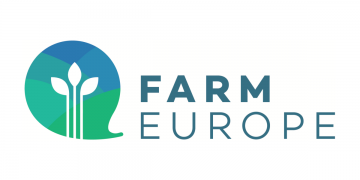
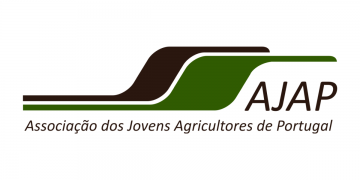
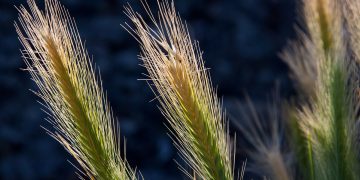
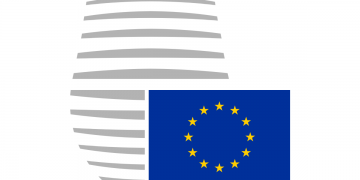



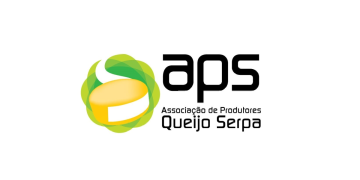
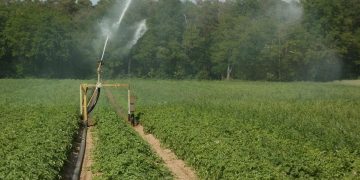











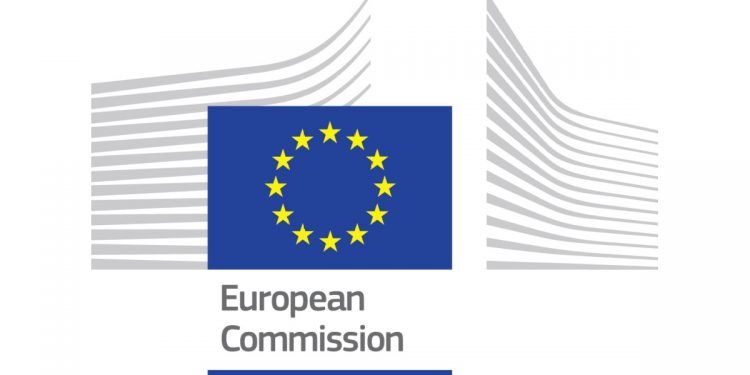
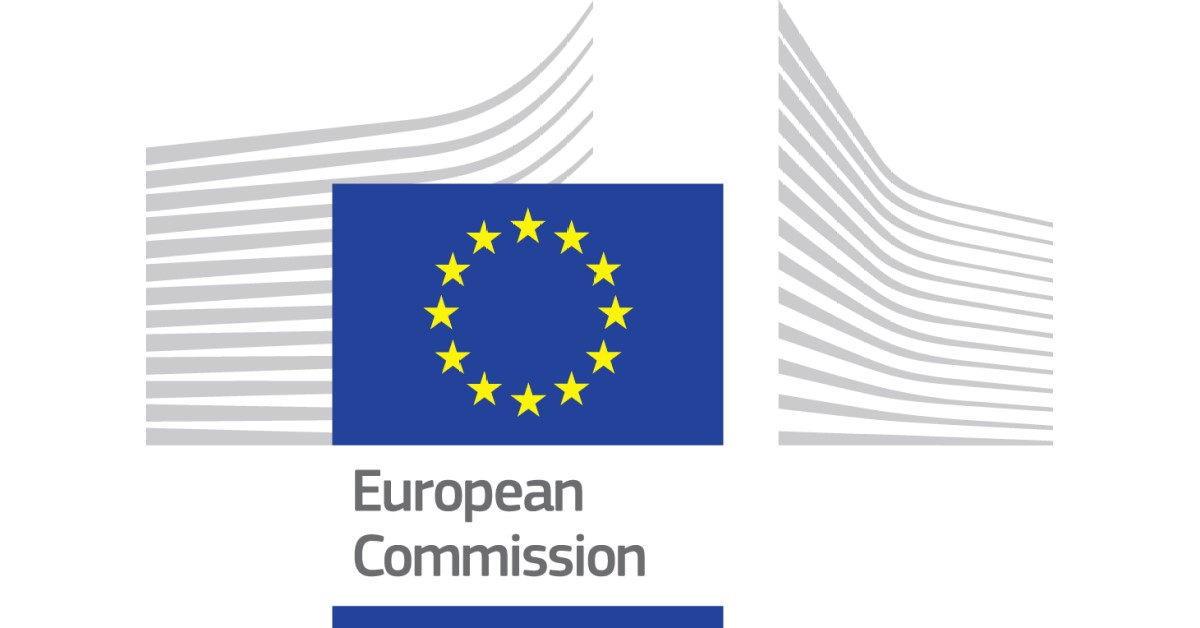
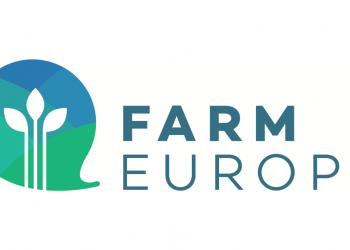
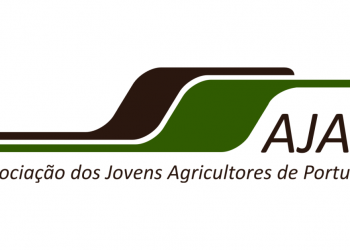
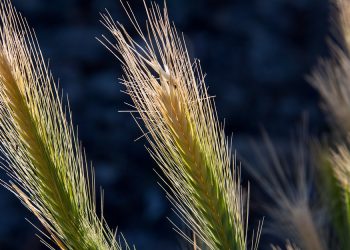



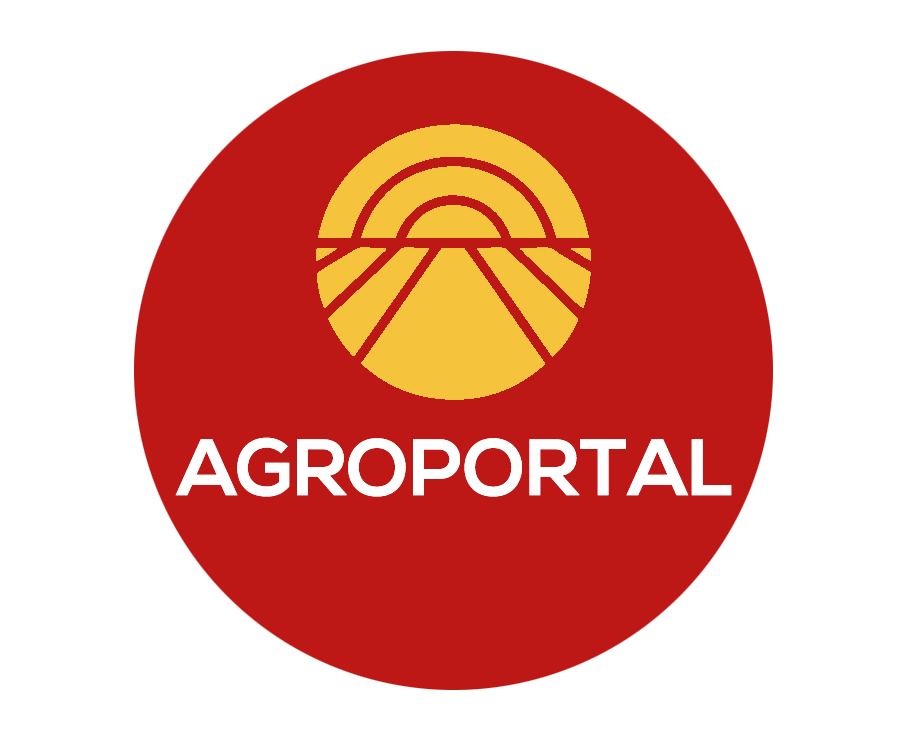

























Discussão sobre este post